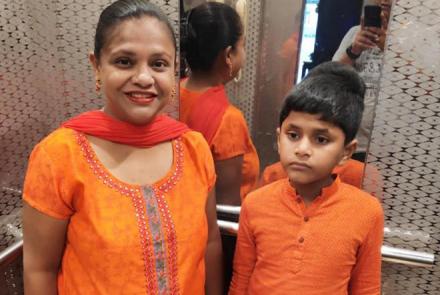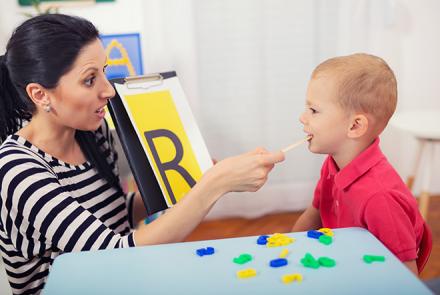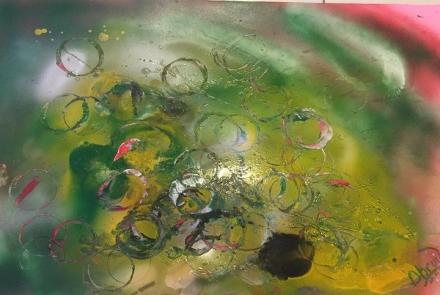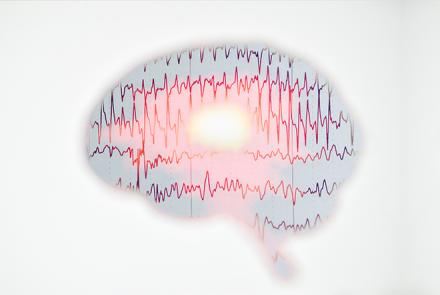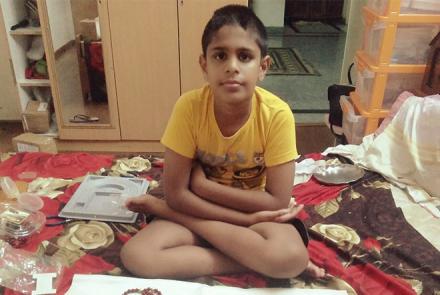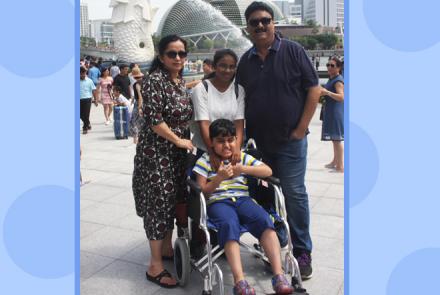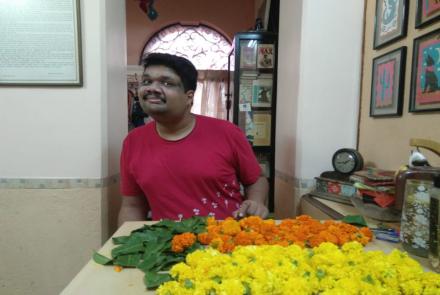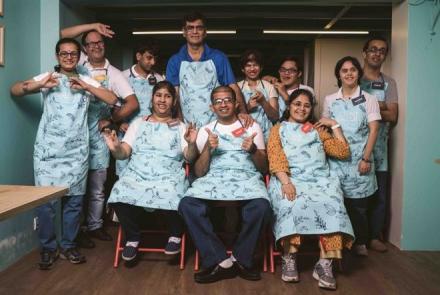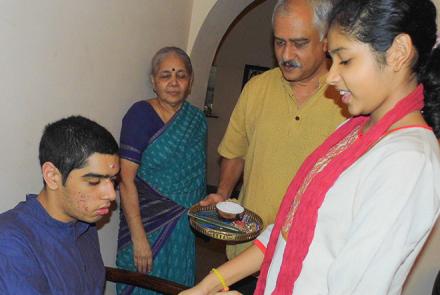Barnana Chakraborti was a successful professional before she gave it all up to devote full time to her son when he was diagnosed with autism. Her spirit and positivity are indeed something to learn from as she talks about how she overcomes emotional turmoil on a daily basis
When did you first notice signs of autism in your son?
It was just a month before my son was about to turn two that we visited a paediatrician for cold/ cough. As my child was not communicating in the conventional manner on…

Don't know how to support a person on the autism spectrum? Melody Rain, an adult living on the autism spectrum shares tips and pointers on how to be supportive to someone with Autism. #AutismAwarenessWeek2018
- Get to know what they are interested in. This helps with supporting them in conversations and allows them to talk and converse about their interests.
- Find out and respect their comfort zones. Don't be pushy if the person doesn't like to be touched or hugged. Always ask because different times can cause different responses depending on sensory issues.
- If they are stimming, doing something repetitively in action or verbally don't call attention to it. Sometimes they don't realize they are doing it but most likely it is something that is comforting to them or a way of coping and self regulation at that time.
- Be sensitive to their sensory needs....if they don't like loud noises or loud noises startle them be sensitive to that. If you plan to go to a loud or noisy environment and you are aware, prepare them for that and make plans of where or what they can do if it becomes too overwhelming.
- Understand that just because you have seen a movie portraying someone with autism or know someone with autism your friend with autism may have completely different needs and the symptoms could be worse or less depending on the situation.
- Understand that a person with autism may not react the same even in the same situations....it all depends on what is going on internally at that time and how they are able to cope with it.
- Understand that many people with autism have very scattered abilities. Where they may do very well at certain basic life skills they may struggle greatly at others. Understand that even the skills they do great in, could alter on a day to day basis or could regress depending on the individual's environment, what is happening in their life at that given moment in time, how much stress they may be under, medical issues etc.
- ASK questions when you do not understand. Never just assume especially when it is a behavior that is being displayed. Autistic people do things for specific reasons even if you do not understand. If the person cannot explain why and you need to know in order to support them it is always best to ask the ones closest (caregivers and those who have been closely involved for several years). Asking the wrong people who may also only assume may also be detrimental. If you dont know who to ask....ask the person who you should ask.
- If a person with autism asks you for help take them seriously. Often one of the hardest things for many people with autism to do is ask for help. They may go days, months and sometimes many years without asking even if they truly need it. Never make fun of or take lightly if someone with autism needs help or support with something.
- Try to learn as much about autism as you can. The more you learn the better support you can be and a better friend. People with autism need people to be truly sincere and understanding of their needs.
- Never ridicule, put down or criticize a person with autism because of the things they struggle in. Never make fun of or make light of their needs. Never pick out certain behaviors or symptoms and monk them or make fun of them or use it against them for your own benefit.
- Understand many social things and aspects can be very challenging for a person with autism. They may not understand your tone of voice, your facial expressions, your intentions concerning things you may do or say, they may not respond in ways that you expect, or respond at all. Instead of taking things personally or increasing your own expectations of them try to seperate the autism from the person. Explain situations to them where they can understand. Often people with autism may have difficulty with understanding another's point of view or way of thinking. This doesnt mean to force your point of view but break the social avenues down by explaining why someone may feel a certain way and how someone may need to communicate or respond in that instance.
- People with autism may be slow at processing information and verbal output. What you may say may not be fully processed until moments or even hours later. Repeating can be one way to help. Breaking things down can be another way.
- People with autism may perseverate or obsess over details that have occurred during the day. Instead of making them feel bad for doing those things help explain things that happened and maybe give ideas on what the other person involved may have been thinking. Help them problem solve or work through the issue that is causing them anxiety. Dont call them negative or other things because this is how people with autism process and try to work through whatevet occurred that caused them some distress.
- Never tell or even insinuate someone with autism doesn't have autism because they act differently, respond differently than another with autism. No matter how mild their autism may seem to you, you are not with them 24 hours a day. You are also not the expert that diagnosed them. Leave your opinions to the experts. Do not gossip or speak your opinion to others either. It just is not your place. Be sensitive and understanding anyway.
- Never tell someone with autism that they use autism as a crutch. That is not your place to judge. Never tell others what you think that about them either...also not your place. People with autidm may need support. Advocation for their needs is not using a crutch it is explaining what their needs are in order to be sucessful. Would you like it of someone said that to you or made light of your illnesses...disabilities you may acquire in the future?
- Understand that many people with autism want social connections, want to have friends and may not understand and may never understand all of the aspects and socially acceptable ways nuerotypicals expect. Be patient. Be understanding. Dont push your social rules on them. Allow them to be theirselves. You can let them know if they have hurt you and why. But also let them know ways they can do things differently the next time. Only do this if the person is open to that and you are not being pushy or trying to control or change the person.
- Understand that some people with autism may be socially and mentally much younger than their biological age. Understand that autism is a wide spectrum and each individual is impacted differently. If someone with autism is also developmentally delayed (even slightly) then they may also present much younger than their peers. This is ok and you should not ridicule them or try to change that. They may still act like or have interests of a young child. Dont make fun of that. If you became their friend you saw something in them that you liked dont base that on whether or not you continue the friendship and dont use it against them. Be supportive and allow them to be themselves.
- Be patient, don't put your own expectations on them, be understanding, learn about autism but most of all be accepting of their differences.
Melody Rain is an adult living on the autism spectrum in the US. She enjoys writing and teaching others about autism.
Changed
26/Mar/2018
Condition

